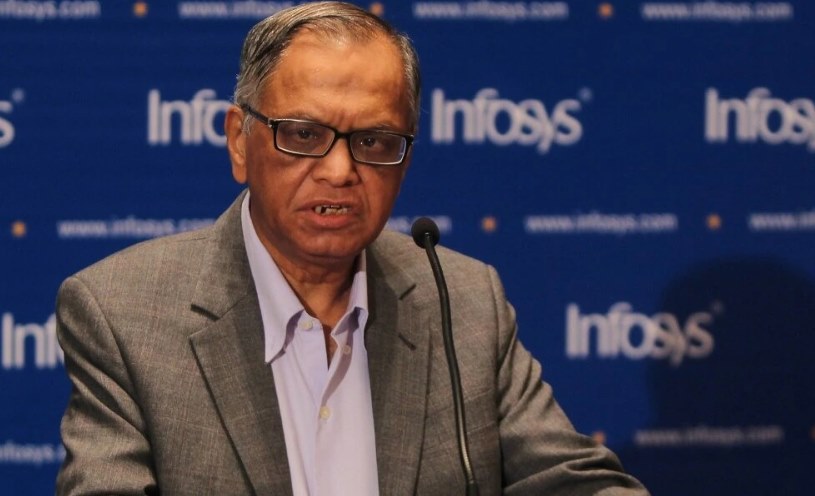No products in the cart.
“I don’t believe in work-life balance,” says Infosys co-founder Narayana Murthy
Infosys co-founder Narayana Murthy recently reiterated his belief that “work-life balance” is a concept he simply doesn’t buy into. Speaking at the CNBC Global Leadership Summit, Murthy explained his views on work ethics and why he believes a strong commitment to hard work is vital for India’s progress.
“First of all, I do not believe in work-life balance,” Murthy stated, standing by his previous remarks that had sparked considerable public debate. He elaborated that his viewpoint remains unchanged, and he feels the need for a heightened work ethic in India if the nation wants to keep pace with global competition.

Murthy has advocated that Indians should be willing to work longer hours, even suggesting a 70-hour workweek to accelerate national growth. He expressed disappointment about India’s decision to transition from a six-day workweek to a five-day one back in 1986, calling it a missed opportunity for productivity. “I am sorry, I have not changed my view. I will take this with me to my grave,” he said firmly.
Using Prime Minister Narendra Modi’s work ethic as an example, Murthy emphasized that only by dedicating oneself fully to work can one show genuine appreciation for the progress happening around the country. “When PM Modi is working that hard, the only way to show our appreciation is by working just as hard,” he remarked. He added that without this work ethic, India risks lagging behind on the global stage.
“There is no substitute for hard work,” he concluded, making his stance clear. For Murthy, the path forward for India involves not only innovation but also a dedication to consistent, diligent effort. His message: hard work is the bedrock of national advancement.
Many Indians likely find Narayana Murthy’s perspective challenging. The idea of working 70 hours a week, for instance, seems excessive to many, especially in today’s era where well-being, mental health, and personal fulfillment are increasingly prioritized. With long commutes, family commitments, and a culture that’s already known for its work intensity, Indians may view such expectations as unrealistic or counterproductive.
For many, work-life balance isn’t just a preference—it’s essential to sustain motivation and avoid burnout. Moreover, with rising awareness about mental health and the importance of quality family time, people are recognizing that balance can actually contribute to higher productivity. India’s younger workforce, in particular, seems to value flexibility and balance, seeing them as key to both personal happiness and professional success.








